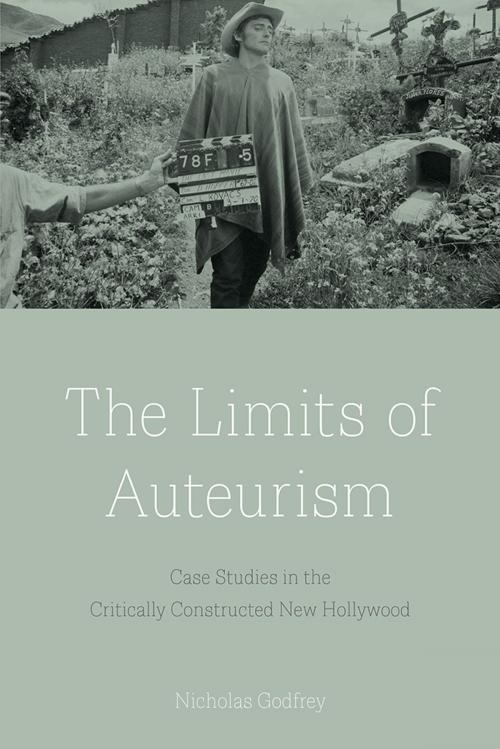The Limits of Auteurism
Case Studies in the Critically Constructed New Hollywood
Nonfiction, Entertainment, Film, History & Criticism, Performing Arts| Author: | Nicholas Godfrey | ISBN: | 9780813589169 |
| Publisher: | Rutgers University Press | Publication: | May 10, 2018 |
| Imprint: | Rutgers University Press | Language: | English |
| Author: | Nicholas Godfrey |
| ISBN: | 9780813589169 |
| Publisher: | Rutgers University Press |
| Publication: | May 10, 2018 |
| Imprint: | Rutgers University Press |
| Language: | English |
The New Hollywood era of the late 1960s and early 1970s has become one of the most romanticized periods in motion picture history, celebrated for its stylistic boldness, thematic complexity, and the unshackling of directorial ambition. The Limits of Auteurism aims to challenge many of these assumptions. Beginning with the commercial success of Easy Rider in 1969, and ending two years later with the critical and commercial failure of that film’s twin progeny, The Last Movie and The Hired Hand, Nicholas Godfrey surveys a key moment that defined the subsequent aesthetic parameters of American commercial art cinema.
The book explores the role that contemporary critics played in determining how the movies of this period were understood and how, in turn, strategies of distribution influenced critical responses and dictated the conditions of entry into the rapidly codifying New Hollywood canon. Focusing on a small number of industrially significant films, this new history advances our understanding of this important moment of transition from Classical to contemporary modes of production.
The New Hollywood era of the late 1960s and early 1970s has become one of the most romanticized periods in motion picture history, celebrated for its stylistic boldness, thematic complexity, and the unshackling of directorial ambition. The Limits of Auteurism aims to challenge many of these assumptions. Beginning with the commercial success of Easy Rider in 1969, and ending two years later with the critical and commercial failure of that film’s twin progeny, The Last Movie and The Hired Hand, Nicholas Godfrey surveys a key moment that defined the subsequent aesthetic parameters of American commercial art cinema.
The book explores the role that contemporary critics played in determining how the movies of this period were understood and how, in turn, strategies of distribution influenced critical responses and dictated the conditions of entry into the rapidly codifying New Hollywood canon. Focusing on a small number of industrially significant films, this new history advances our understanding of this important moment of transition from Classical to contemporary modes of production.















